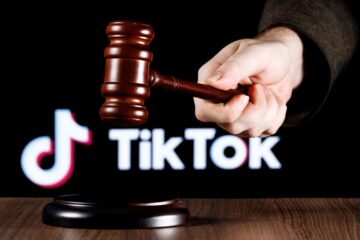ABA Journal
During oral arguments before the U.S. Supreme Court last term—in one of two thorny cases about whether social media companies could be held liable for aiding and abetting terrorist groups—Justice Elena Kagan observed, “We’re a court. We really don’t know about these things.”
“You know,” she continued, looking across the bench at her colleagues and drawing laughter in the courtroom, “these are not, like, the nine greatest experts on the internet.”
This term, however, the justices are getting a crash course on some of the most salient regulatory and constitutional questions involving social media.
The court in October heard arguments in two cases that will help determine whether public officials may block bothersome constituents from their personal social media accounts. (Decisions in those cases are pending.) In March, meanwhile, the court will take up a case involving allegations that the federal government coerced some social media outlets to stifle some users who posted misinformation about COVID-19 or the 2020 presidential election.
Next week, the court will consider perhaps the highest-stakes battle for web and social media companies, at least for this term. A pair of cases, NetChoice v. Paxton and Moody v. NetChoice, ask whether states may dictate content-moderation standards or require individualized explanations when social media outlets remove or alter users’ posts.
Some legal experts are a bit worried about how well the nine non-experts on the internet will handle the latest social media battle to confront them.
“I think there is no way for them to ‘get it’ on the set of issues raised in this case, because the issues are so novel that even the most specialized experts are still evolving their thinking,” says Daphne Keller, a lecturer at Stanford Law School and the director of the Program on Platform Regulation at the Stanford Cyber Policy Center."
To read the rest of the article click here.


